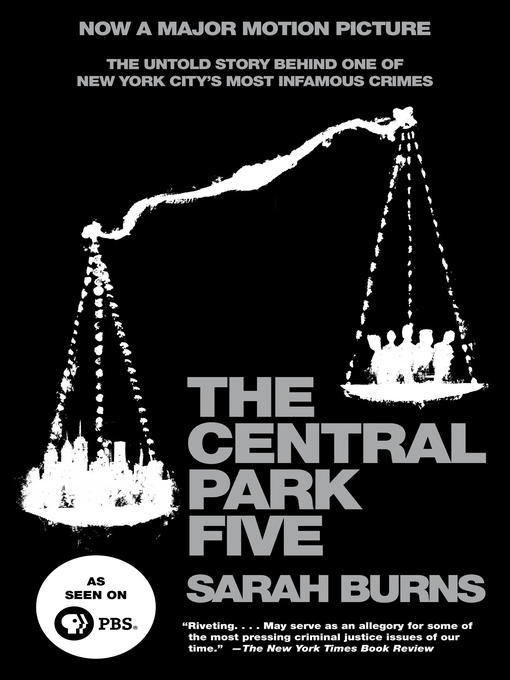A spellbinding account of the real facts of the Central Park jogger case that powerfully reexamines one of New York City's most notorious crimes and its aftermath. • A must-read after watching Ava DuVernay's When They See Us
On April 20th, 1989, two passersby discovered the body of the "Central Park jogger" crumpled in a ravine. She'd been raped and severely beaten. Within days five black and Latino teenagers were apprehended, all five confessing to the crime. The staggering torrent of media coverage that ensued, coupled with fierce public outcry, exposed the deep-seated race and class divisions in New York City at the time. The minors were tried and convicted as adults despite no evidence linking them to the victim. Over a decade later, when DNA tests connected serial rapist Matias Reyes to the crime, the government, law enforcement, social institutions and media of New York were exposed as having undermined the individuals they were designed to protect.
Here, Sarah Burns recounts this historic case for the first time since the young men's convictions were overturned, telling, at last, the full story of one of New York’s most legendary crimes.

-
Creators
-
Publisher
-
Release date
May 17, 2011 -
Formats
-
Kindle Book
-
OverDrive Read
- ISBN: 9780307596598
-
EPUB ebook
- ISBN: 9780307596598
- File size: 4233 KB
-
-
Accessibility
-
Languages
- English
-
Reviews

Loading
Formats
- Kindle Book
- OverDrive Read
- EPUB ebook
subjects
Languages
- English
Why is availability limited?
×Availability can change throughout the month based on the library's budget. You can still place a hold on the title, and your hold will be automatically filled as soon as the title is available again.
The Kindle Book format for this title is not supported on:
×Read-along ebook
×The OverDrive Read format of this ebook has professional narration that plays while you read in your browser. Learn more here.